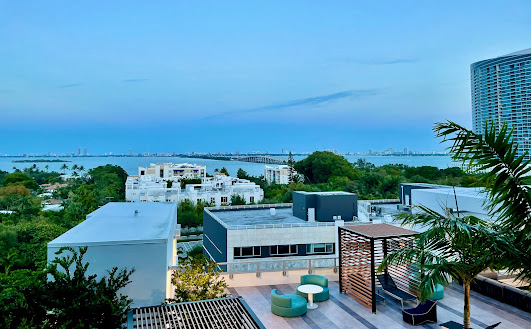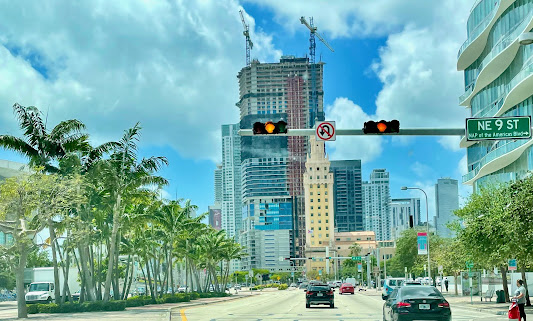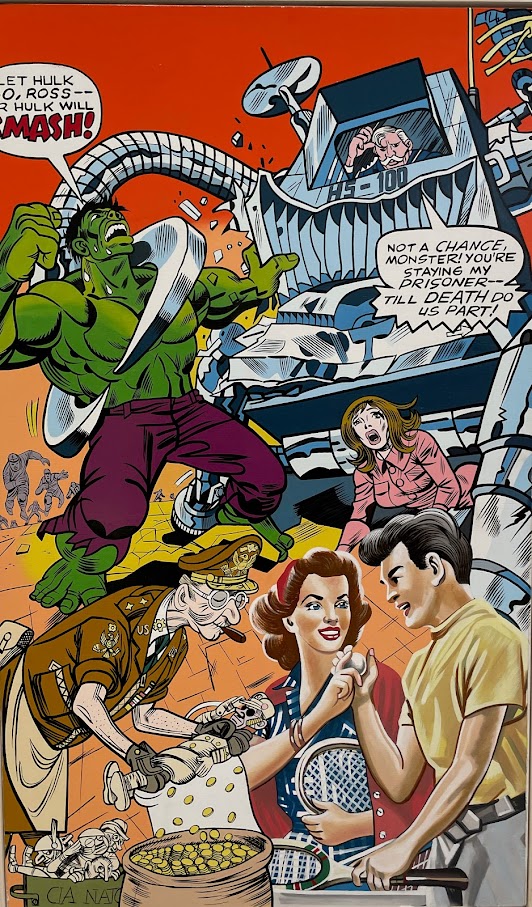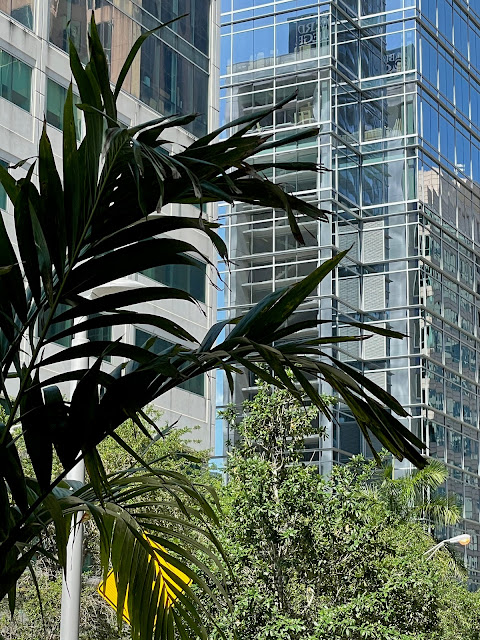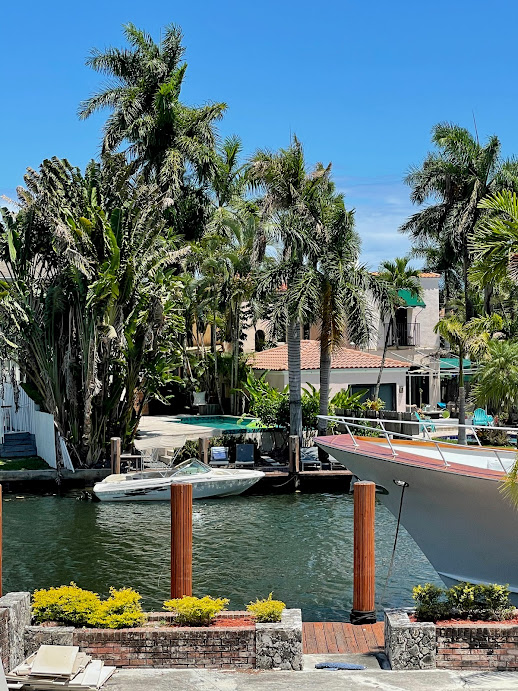(Drivebycuriosity) - China is reawakening. The country had once been a superpower and the most progressive and innovative civilization in the world. The Chinese invented paper, the compass, book printing, gun powder, pasta (noodles) & many other things (ByronWien wikipedia). Now they are coming back - and very fast. Many Americans respond negative to China`s rise, some even hostile. They are envy & distrustful - maybe even scared. The Trump government started a trade war to fight China´s ascent, unfortunately the Biden administration continues Trump`s anti-China policy.
The China haters are mistaken. The whole world benefits from China`s rise - even the Americans. China has about 1.4 billion people, four times as many as the United States. More people means that there are more creative minds with new ideas. Thanks to the sheer size there are potentially about 4-times (compared to the US) as many artists, entrepreneurs, inventors, scientists and geniuses like Elon Musk or Bill Gates.
The whole world benefits from China`s huge number of intelligent people who are highly educated and are hard working. China`s 1.4 billion people are the base for innovations which will fuel the growth of the global economy and raise living standards worldwide. China`s large number of scientists & entrepreneurs will boost the global progress of medicine, robotics, artificial intelligence - and so the standard of living everywhere.
The Chinese education system is more rigorous, competitive and success focused than the American and the British (americanaffairs ). Wikipedia counted in 2014 already "2,236 colleges and universities, with over 20 million students enrolled in mainland China" (wikipedia). Fast expanding knowledge is driving science & innovation and fostering economic growth (washingtonpost). Chinese corporations, think tanks & administrations can employ a large number of highly dedicated & educated people (human capital) - a strong driver of economic growth (scottsumner).
China is already a success story. Over the last 5 decades Beijing - communist or not - lifted more than a billion of people out of poverty. Beijing has a very long-range plan for infrastructure investments, including bullet trains & 5G networks, whereas western countries can't see beyond the next election.
In spite of being officially a communist country China is becoming more capitalistic. The country has already more than 1,000 billionaires ( yahoo). There are more than 3,000 Chinese companies listed on China`s stock markets and huge publicly noted technology companies like Alibaba, Tencent & Baidu became the engines of economic growth and technological progress (scmp.com). Rainier Zitelmann, a German historian and author, quotes a leader of a private Chinese think tank who is bemused that socialist ideas are experiencing a renaissance in Europe and the United States: “Here in China, hardly anyone still believes in Karl Marx’s ideas.”( fee.org). Elon Musk recently criticized the “entitled” and “complacent” character of people in the United States, and lauded the “smart” and “hard working people” of China ( cnbc ).
China´s transformation from the work bank of the world into a modern service based economy is fueled by the technological progress: Rapid
advances in software & Internet (including cloud computing), AIs,
robotics, 3D printing, nanotechnology, genetic engineering and other
technologies are all lifting the productivity of the economy (byronwien). Recently China landed a rover on Mars (nature.com ).
China`s growth is fostering the global economy. During the 2008 recession China´s GDP still grew 10% and during the Covid-19 pandemic the country again avoided a recession and advanced 2% in 2020. In both years China´s perpetual growth cushioned the fall of the global economy. The 1.4 billion Chinese consumers, who`s incomes and purchasing power are rising fast, are a growing market for global brands, including Apple, Starbucks, McDonald`s, Tesla, creating climbing incomes in Europe & America. Since 2020 China is already the largest trading partner of the European Union (spiegel.de/ )
The world, including the Americans, also benefits from China`s exports.
Imports from China, including apparel, hardware and toys, are reducing
the cost of living in the US and other countries. And they make many things more affordable, including
smartphones, laptops and other electronics. These cost
savings allow low income groups to spend more money for other goods and services -
they gain more quality of life. Money which isn´t spend for apparel,
hardware & Co (because of the lower prices) will be spend for
domestic goods & services (like dining out and traveling) and will create new jobs in the US -
compensating the job losses at least partly.
Free Trade with China - and with the rest of the world - also creates a
healthy competition. As long the US producers are protected by trade
restrictions, they behave
like monopolists - more or less. Missing competition from China allows them to hike prices and reduce the
quality of their products (lower quality means lower productions costs =
higher profits). A return to free trade with China would not only imply lower
prices, it would also yields a higher quality and more variety. And the
competition with China forces the US industry to become more efficient
& productive.
China has a huge trade surplus meaning that the country sells more goods to the US than it buys from there. As a result China is amassing trillions of dollars which it uses to purchase US government bonds ( investopedia).
So the Chinese are financing the US public deficit and
indirectly the US public spending. Without the Chinese bonds
purchases the US government would have to pay higher interest rates and
maybe reduce the public spending which could cost US jobs.
China will overtake the US rather sooner than later but we can learn from history that Americans wouldn`t be hurt. Great Britain had been once the global power No. 1, but today it is just a small island nation. Nevertheless the living standard of the British didn`t fall, quite the opposite. Like the British benefited from America`s rise over the recent 150 years, everyone - even the Americans - will benefit from China`s rise. So, everyone, even the Americans, should embrace China`s ascent.






